Roberta Flack
经典, 文雅 , 温柔、老练这些词都不足以形容Roberta Flack这位20世纪美国传奇性黑人女歌手的特殊嗓音。Roberta Flack1939年出生于美国一个教会风琴师家庭。从小学习钢琴,并且获得了霍华德大学的奖学金。从学校毕业之后,Roberta Flack被着名爵士音乐家Les McCann 发掘并推荐给了Atlantic唱片公司。在Atlantic发行的第一、二张专辑虽然获得评论界的一致好评,但是在商业成绩上并无过人之出,也没有创造畅销单曲。但随着被誉为英国民歌之父的Ewan MacColl 在戏剧《Misty for Me》中翻唱Roberta Flack第一张专辑中的歌曲《The First Time Ever I Saw Your Face》,这首歌曲与Roberta迅速窜红,单曲也在美国排行榜上占据了六周的冠军,成为当年最热门的歌曲。更在次年的Grammy中获得年度单曲奖和年度最佳歌曲两项大奖。by Steve HueyClassy, urbane, reserved, smooth, and sophisticated — all of these terms have been used to describe the music of Roberta Flack, particularly her string of romantic, light jazz ballad hits in the 1970s, which continue to enjoy popularity on MOR-oriented adult contemporary stations. Flack was the daughter of a church organist and started playing piano early enough to get a music scholarship and eventual degree from Howard University. After a period of student teaching, Flack was discovered singing at a club by jazz musician Les McCann and signed to Atlantic. Her first two albums were well received but produced no hit singles; however, that all changed when a version of Ewan MacColls The First Time Ever I Saw Your Face, from her first LP, was included in the soundtrack of Play Misty for Me. The single zoomed to number one in 1972 and remained there for six weeks, becoming that years biggest hit. Flack followed it with the first of several duets with Howard classmate Donny Hathaway, Where Is the Love. Killing Me Softly With His Song became Flacks second number one hit (five weeks) in 1973, and after topping the charts again in 1974 with Feel Like Makin Love, Flack took a break from performing to concentrate on recording and charitable causes. She charted several more times over the next few years, but a major blow struck in 1979 when Hathaway committed suicide. Devastated, Flack was forced to find another partner and eventually did in Peabo Bryson, with whom she toured in 1980. The two recorded together in 1983, scoring a hit duet with Tonight, I Celebrate My Love. Flack spent the remainder of the 80s touring and performing, often with orchestras, and also several times with Miles Davis. She returned to the Top Ten once more in 1991 with Set the Night to Music, a duet with Maxi Priest that appeared that year on the album of the same name. Her Roberta full-length, featuring interpretations of jazz and popular standards, followed in 1995.

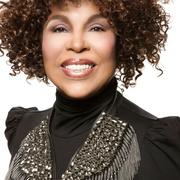
 Bridge Over Troubled Water - Roberta Flack
Bridge Over Troubled Water - Roberta Flack
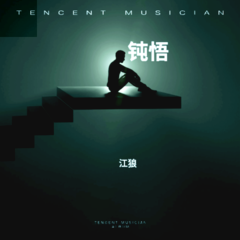


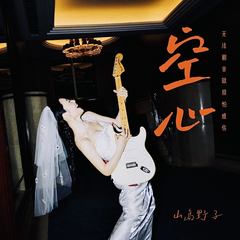
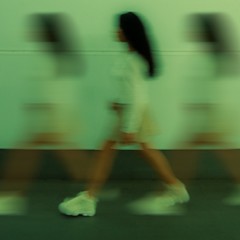





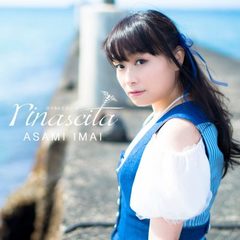


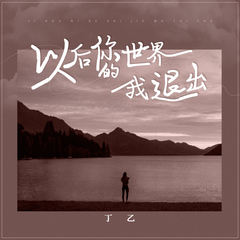














![[STATION] aespa《Dreams Come True》MV Teaser - aespa (에스파)](https://img2.kuwo.cn/wmvpic/324/79/54/2120387380.jpg?imageView2/1/w/195/h/130/format/jpg/q/60)





